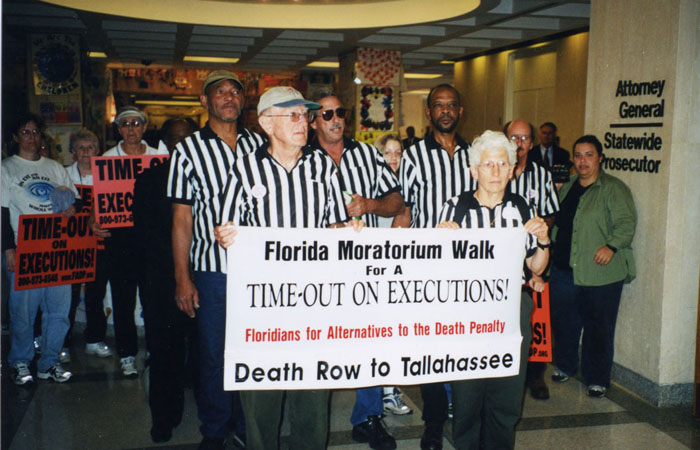Case Files, 1947-2012, Undated 19 cubic ft.
This series contains a file for every execution or sentence of death given to a woman or a juvenile that was known to Victor L. Streib. Some of the case study files are simply photocopies of Watt Espy's research cards, especially in cases where Espy's research is the sum total information available that particular execution. Many of these cards are from before 1976, when the death penalty was re-instated in America. Due to improved record-keeping in the modern era, case files from recent years, especially ones that Streib advised in some capacity, may contain significantly more information than others. Information pertinent to these cases vary greatly by individual depending on the state, the era, as well as media coverage of the case. The research collection is up-to-date as of 2012, so any executions, pardons, or reversals that went forward since that date will remain in the series they were in at the time these papers were acquired by the archives.
